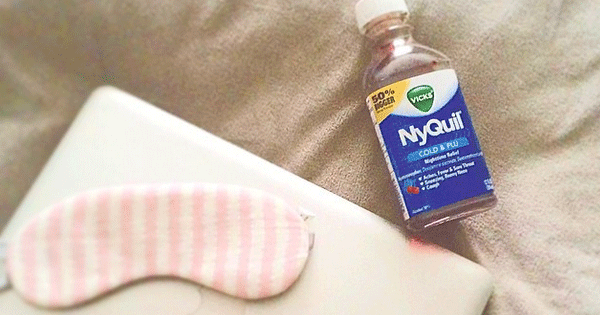You might know zinc as the main ingredient in a lot of over-the-counter cold medicines.
You probably didn't know, however, that it is also essential for hormone production, fertility, immunity, DNA repair, metabolism, wound healing and so much more. Without it, a lot could go wrong!
When was the last time you made sure you were getting enough zinc? We bet it has been a while. So how do you know if you aren't getting enough?
Here are five huge signs that you might have a deficiency:
1. You're always getting sick.
And we mean always. Zinc is essential if you want to have a good, hard-working immune system. Having low zinc could mean that you're immune system simply isn't working the way it's supposed to, so you will get sick more often and it will take longer for you to recover.
2. You have white spots or streaks on your nails.
While it has not been proven in studies, some practitioners believe that white spots or streaks on your nails could point to a zinc deficiency. It is absolutely true that zinc is vital for the health of your nails, so it would make sense that they would be effected by a deficiency.
3. You have bad skin or acne.
Zinc has been proven to help accelerate the rate that skin cells are renewed, and it has also been shown to have an anti-inflammatory benefits as well, while evening out oil production on the skin. That means that without it, your skin might get a little more oily than normal, which can lead to acne.
4. You have little to no sex drive.
Zinc is a plays a huge role in the production of testosterone, and testosterone is the main component one needs for a normal sex drive. Without enough zinc, there isn't enough testosterone, which could mean a huge dip in the sex drive for both men and women.
5. You drink a lot of alcohol.
Alcohol is the number one enemy of zinc absorption. Not only does it block some of the absorption of zinc, but it increases the rate that your body excretes it through your urine.
If you want to try to eat more zinc naturally, try eating Pumpkin seeds, shellfish, grass-fed red meat, poultry, oysters, spinach, cashews, beans, whole grains, or yogurt. Your body most readily absorbs zinc from meat and shellfish, however, so your best bet is to go for those two items.
If you're a vegetarian, on the other hand, be aware that legumes and whole grains also contain compounds called phytates, which can bind with zinc and interfere with its absorption. Be sure to soak the beans for a few hours before cooking with them, as this will help break down the phytates.
What do you think about this? Let us know your thoughts in the comments!
Photo Copyright © 2015 ewelinasuchowolec/Instagram





